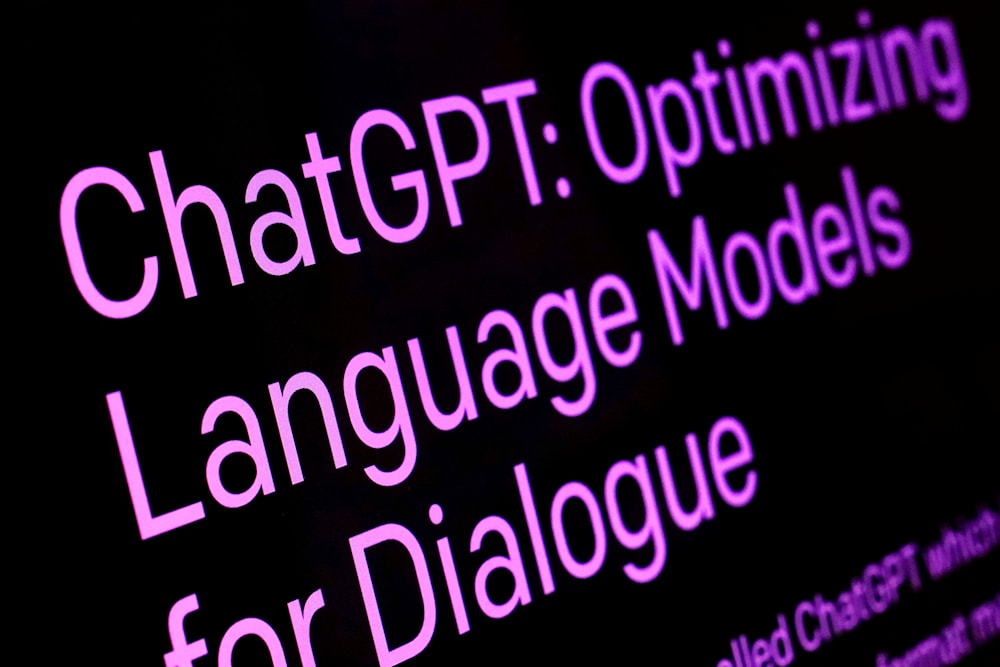AI use could give employees 4-day work weeks by 2033 in US, UK
The report by think tank Autonomy relays that introducing large language models (LLMs), like ChatGPT, will give workers more free time and relieve mass unemployment while reducing widespread mental and physical illnesses.
-

Text from the ChatGPT page of the OpenAI website is shown in this photo, in New York, February 2, 2023. (AP)
A new study by the think tank 'Autonomy' on British and American workplaces shows that the use of artificial intelligence could prompt employees to begin four-day work weeks by the year 2033.
Predicted productivity gains from AI in the workplace could dial down the working hours per week from 40 to 32 hours for 28% of the workforce, which equates to 8.8 million people in the UK and 35 million in the US.
The report relayed that introducing large language models (LLMs), like ChatGPT, will give workers more free time and relieve mass unemployment while reducing widespread mental and physical illnesses.
Director of research at Autonomy, Will Stronge, said, "Too many studies of AI, large language models, and so on, solely focus on either profitability or a jobs apocalypse. This study tries to show that when the technology is deployed to its full potential, but the purpose of the technology is shifted, it can not only improve work practices, but also improve work-life balance."
It was found in the research that 28 million workers, or 88% of the UK's workforce, could see working hours reduced by a minimum of 10% upon the introduction of AI.
Read next: UK growing more worried about potential use of AI to create bioweapons
Making tech work with us, not against us
Autonomy's research in the US concluded that 35 million working Americans could shift to a four-day week within the same time frame, adding that 128 million workers, or 71% of the workforce, could have hours reduced by at least 10%.
With that being said, states including Massachusetts, Utah, and Washington were observed to have the potential for their workforces to move to a four-day week after introducing LLMs.
Congressman Mark Takano, who proposed a 32-hour workweek bill to Congress, explained, "Fundamental changes are coming to our workforce due to AI and automation. It will take government action to ensure gains in efficiency are felt by all workers, regardless of industry or skill level."
The think tank urges public- and private-sector employers to use the "significant opportunity to become world leaders in the take-up of workplace AI", and take advantage of the opportunity for hundreds of millions of workers.
Stronge said, "What I think would be really impressive would be a robust AI industrial strategy, with automation hubs where trade unions, industry and experts in this tech get together to say: ‘We’re going to boost productivity, and this is also going to be something which delivers for the workers.’"
Benefits should go to workers
Back in September, US Senator Bernie Sanders argued that if the United States' current artificial intelligence and robotics boom results in more work being done faster, workers should reap some of the benefits in the form of extra paid time off.
Sanders said on CNN's State of the Union that he believed a serious discussion needed to take place regarding "substantially lowering the workweek."
He continued, citing the parenting, housing, healthcare, and financial strains that most Americans face while living shorter lives, "It seems to me that if new technology is going to make us a more productive society, the benefits should go to the workers."

 3 Min Read
3 Min Read








